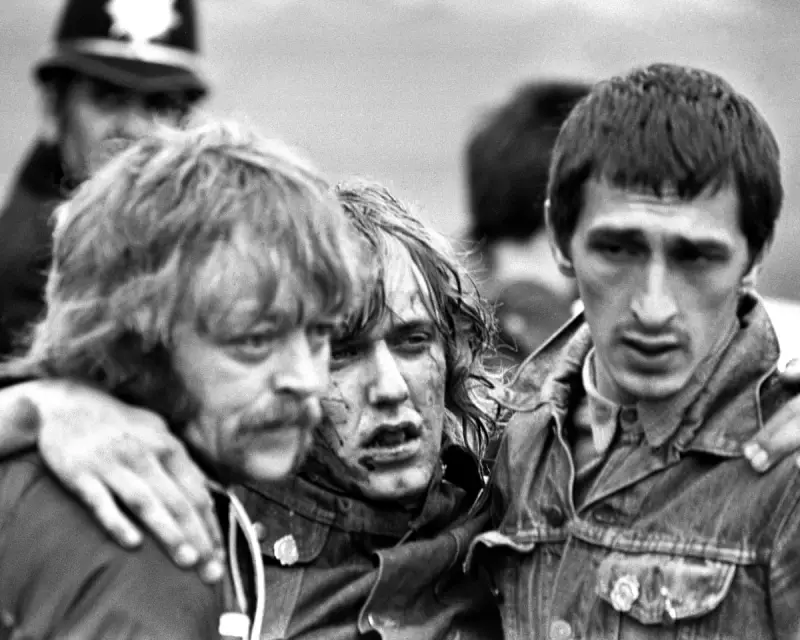
Forty years after one of the most violent confrontations of the 1984 miners' strike, the UK government has finally announced a public inquiry into the events at Orgreave.
The long-awaited investigation will examine the clashes between police and picketing miners at the South Yorkshire coking plant, where allegations of excessive force and misconduct have lingered for decades.
A Controversial Chapter in Industrial History
The Battle of Orgreave, as it became known, saw thousands of miners clash with police in June 1984 during the bitter year-long strike against pit closures. The violent scenes, broadcast nationwide, became symbolic of the Thatcher government's confrontation with trade unions.
Campaigners have fought for decades for an official inquiry, claiming police used unjustified force and that subsequent prosecutions of miners were based on unreliable evidence.
Why Now?
The announcement comes after sustained pressure from Labour MPs and trade unions, particularly in former mining communities still affected by the strike's legacy. Home Secretary stated: "It's time for truth and transparency about what really happened at Orgreave."
The inquiry is expected to examine:
- Police tactics and use of force
- Allegations of evidence manipulation
- Political decision-making surrounding the operation
- The long-term impact on affected communities
Former miners and their families have welcomed the move, though some express skepticism after previous rejected calls for investigation.
What Comes Next?
The inquiry panel will be appointed in coming weeks, with hearings likely to begin early next year. Its findings could have significant implications for South Yorkshire Police, still recovering from criticism over the Hillsborough disaster.
As Britain reflects on this contentious chapter of its industrial past, many hope the inquiry will finally provide answers to questions that have persisted for two generations.





